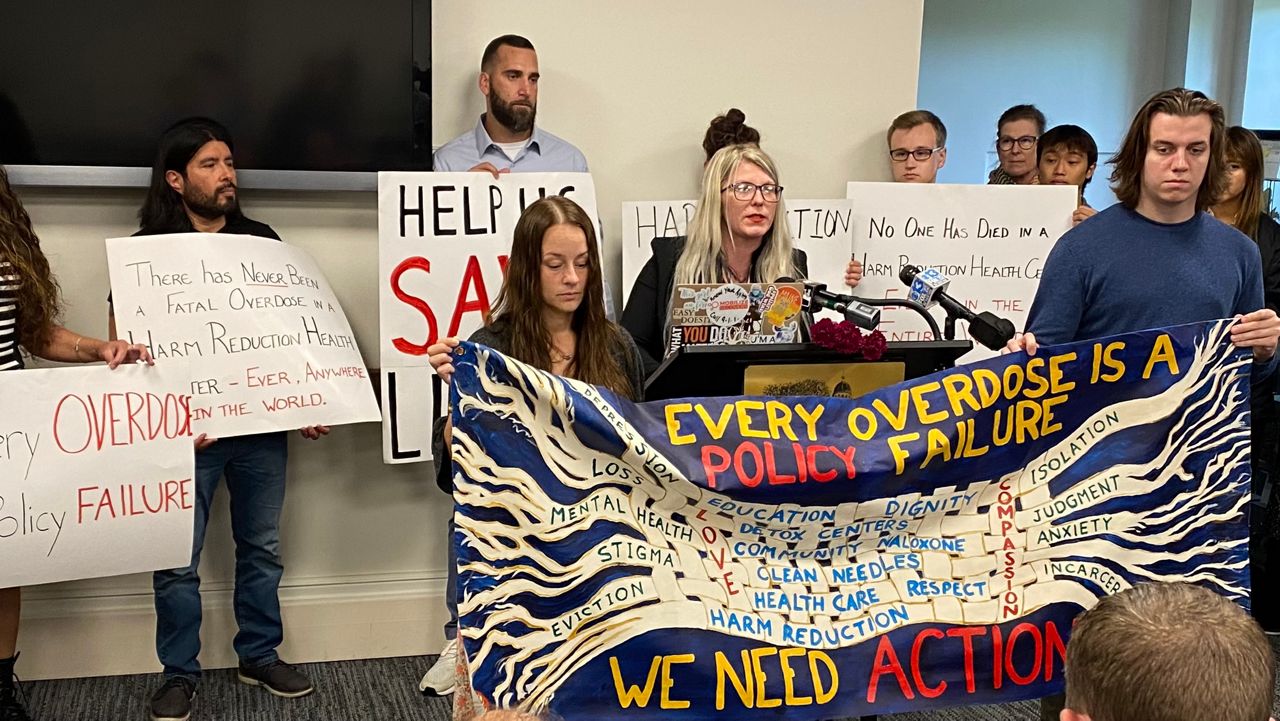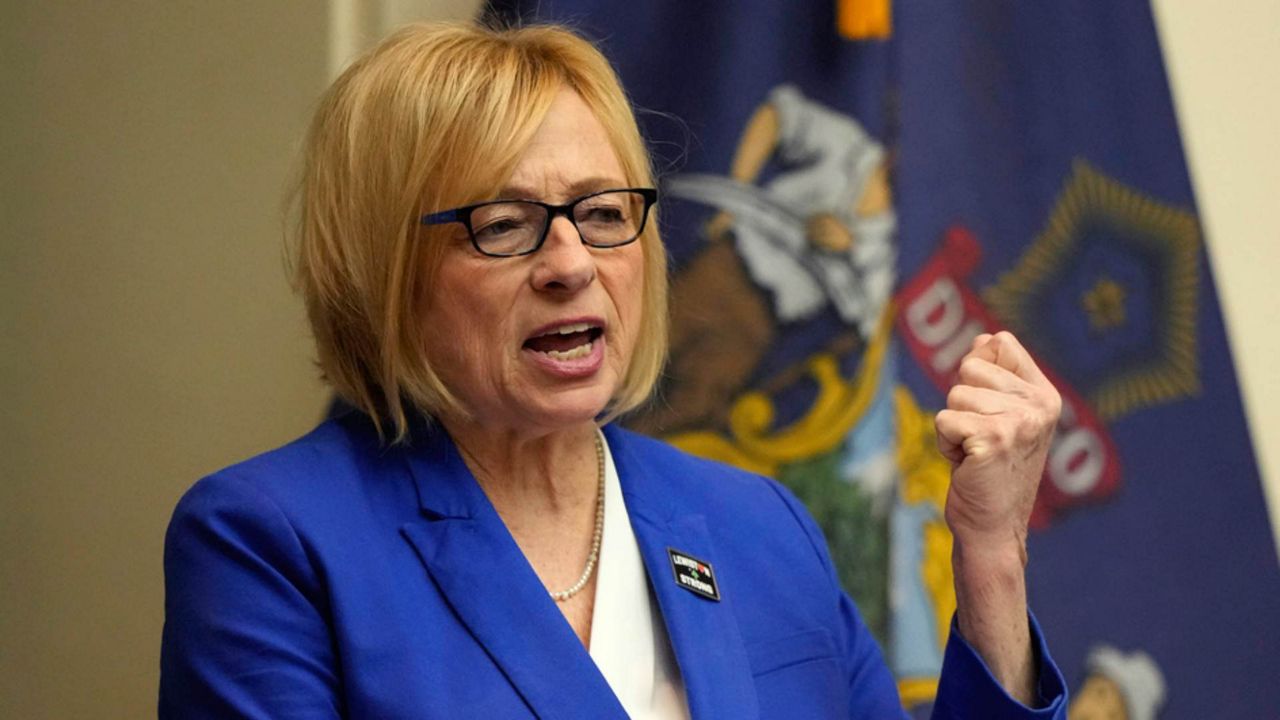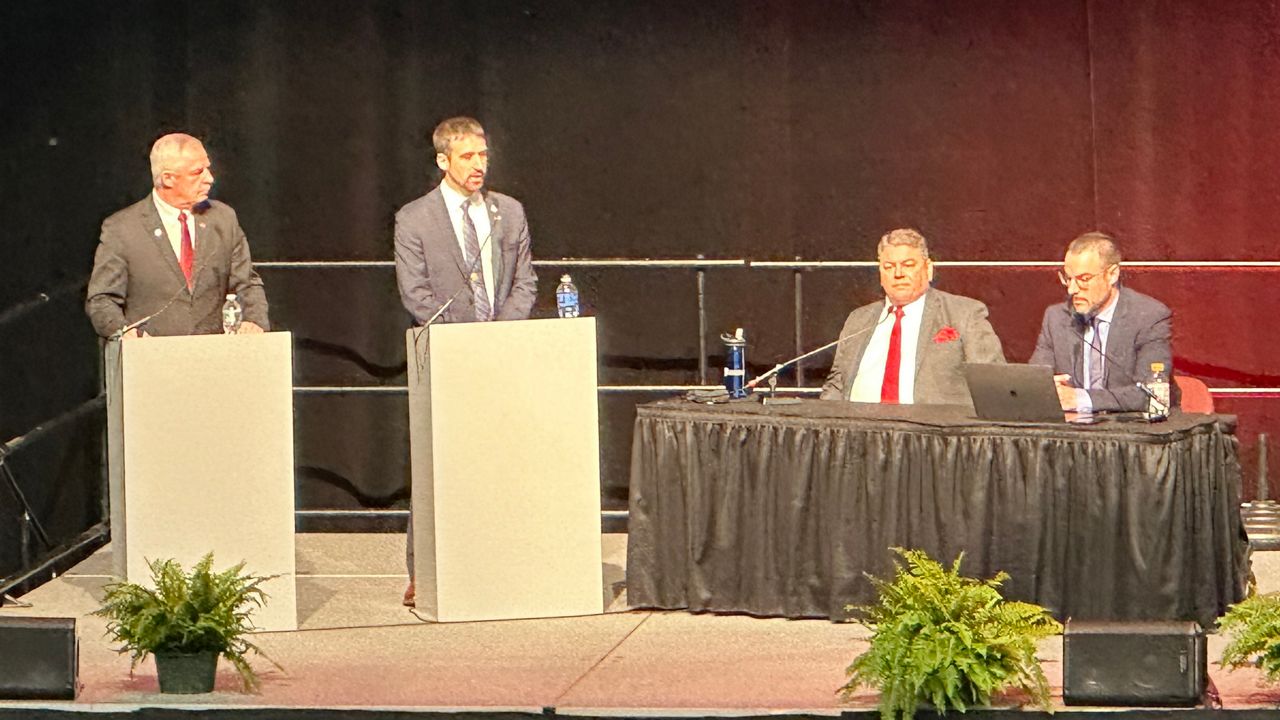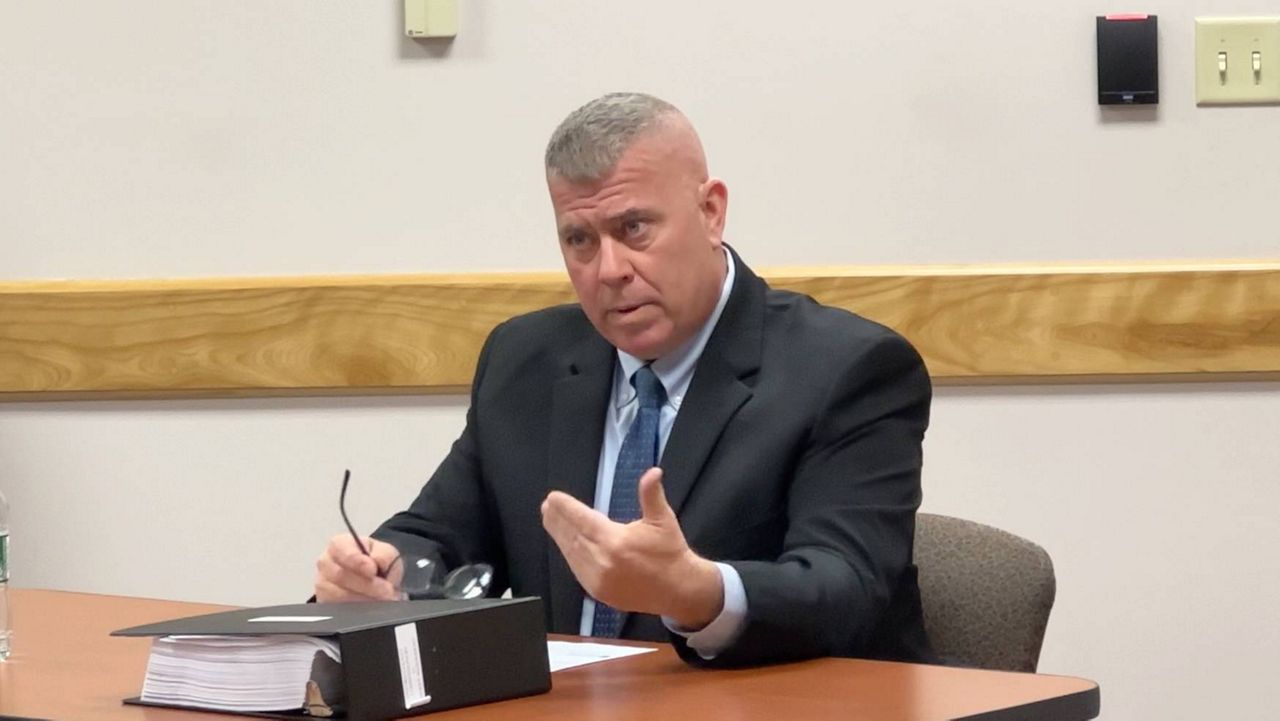The Maine House on Thursday advanced a novel approach to addressing the state’s overdose crisis by supporting safe injection sites where those with substance use disorder can inject illegal drugs with medical supervision.
The 77-66 vote crossed party lines, with nine Republicans voting in support and eight Democrats voting in opposition. It now heads to the Senate.
Rep. Grayson Lookner (D-Portland) is sponsoring LD 1364, which requires that the harm reduction centers be approved by a municipality. They must provide clean facilities, safe disposal of needles, the overdose-reversing drug Narcan, and medical and social services.
The bill also provides immunity from arrest or prosecution for clients and staff at the sites.
Last year, an estimated 715 Mainers died of drug overdoses, the third straight record-setting year.
From January through April this year, 201 fatal overdoses have been recorded, according to the Maine Drug Data Hub. By comparison, 215 overdoses were reported in the same period last year.
Bill supporters say treating substance use disorder as a crime is not the answer to a complex problem that often involves mental health issues, trauma and social isolation.
“If the purpose of the war on drugs is to save lives and create public safety, it’s time to admit we lost,” Lookner said during House debate. “We need a new approach and thankfully effective, compassionate, safe and merciful life-saving solutions do exist if we’re willing to try them.”
Advocates for the facilities say there are more than 120 harm reduction centers across the world and that there has never been a fatal overdose at one of them. New York, Rhode Island and Minnesota have established or are in the process of opening the centers.
Opponents agreed that the number of overdose deaths in Maine is unacceptable, but that they don’t believe harm reduction centers are the answer.
“Instead of safe injection sites, I believe we need to lead addicts out of the dark, not invent more ways to keep them in the dark, although possibly safer,” said Rep. Robert Nutting (R-Oakland).
Following the House vote Thursday, advocates applauded lawmakers for sharing their personal stories during debate.
“This vote is a recognition by legislators in both parties that saving lives in the midst of this opioid overdose crisis requires bold action now,” said Courtney Gary-Allen of the Maine Recovery Advocacy Project. “Harm Reduction Health Centers are one part of that.”
Gary-Allen said last week that the bill carries no cost to Maine taxpayers and the sites would be funded by private foundations or potentially through settlement funds the state has received from opioid manufacturers.
Gov. Janet Mills has not yet taken a public position on the bill, but her administration opposed it during a public hearing in April.
Gordon Smith, director of opioid response for the state, said that federal law prohibits these facilities and that there’s not enough evidence to show that they help people get into recovery programs.
He said the administration is supporting syringe service programs, working to increase in-patient and out-patient treatment options, and opening recovery centers across the state.
“Given the lethality of the current drug supply, we should be doing all we can to encourage individuals to find a pathway to recovery, as continuing to use in this environment all too frequently results in a fatal overdose,” Smith wrote to a legislative panel.









